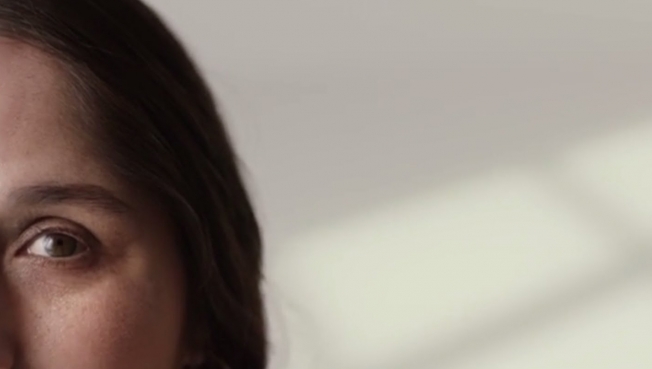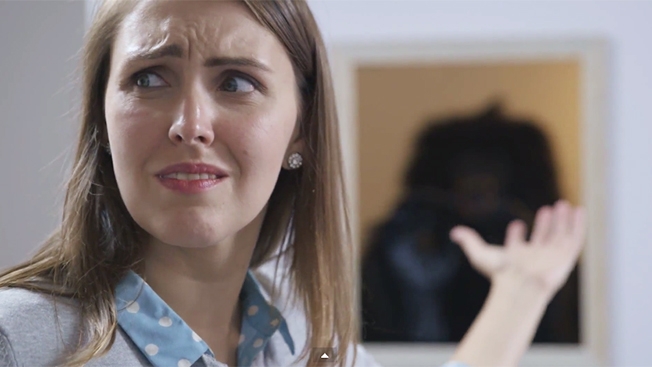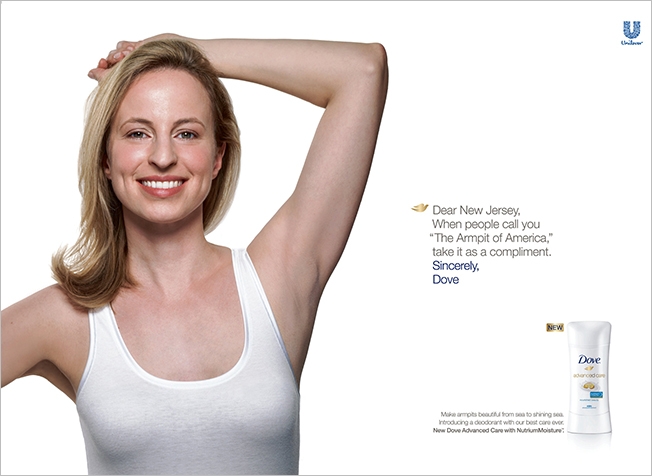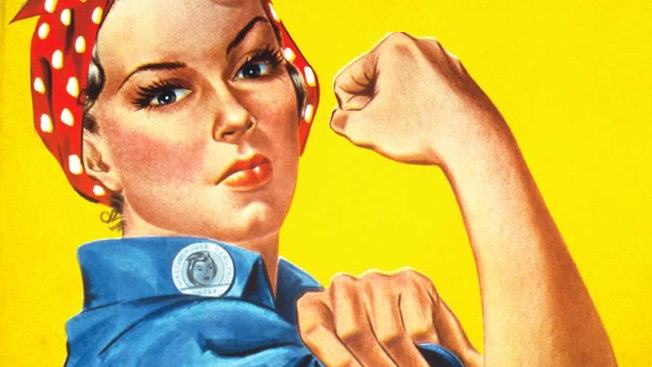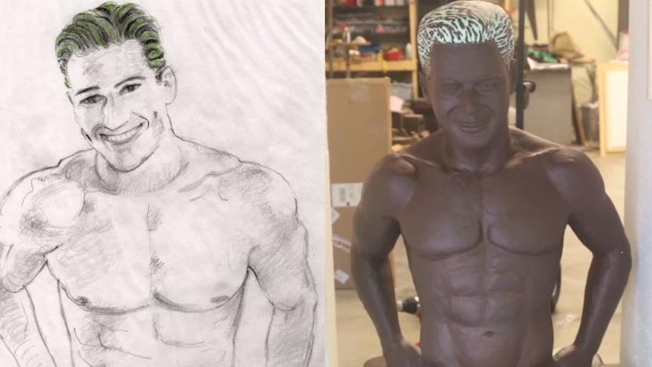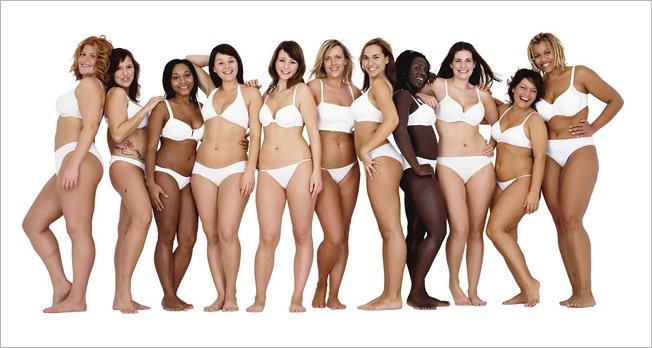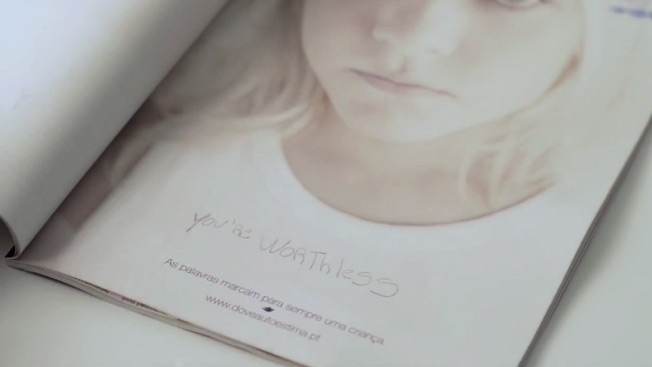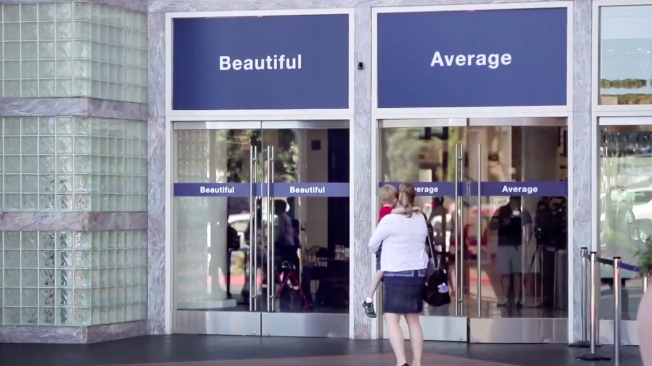
Over the past decade, Dove has had a laser focus, challenging women’s concepts of beauty and championing “real women” to see themselves as beautiful. The brand has received overwhelming praise for its work. But at times its ads can feel treacly, even cloying.
This is one of those times.
In the new spot below, Dove asks women all over the world to walk through doorways labeled “Beautiful” and “Average.” Throughout the three-minute short film, women who originally choose the “Average” label lament doing so—and eventually decide they should have chosen “Beautiful.”
Let’s unpack this. Sure, many women may have low self-esteem, and asking them to embrace a positive attribute like “Beautiful” can help buoy the way they see themselves. Fine. And yes, this fits in with Dove’s general messaging.
But the fact that the brand has a good-or-bad, this-or-that idea of beauty, without any gray areas, is problematic.
Here’s the thing: Someone doesn’t have to be beautiful to matter, or to value themselves. This spot’s concept is more complicated than it seems, too—forcing women to put themselves into two distinct categories and positioning “Average” as a negative concept.
People, women especially, are keenly aware of how the world sees them. It is likely that some of the women who walked through the “Average” door see themselves as beautiful, but knowing that cameras were on them, did not want to appear immodest.
Beyond that, Dove’s focus can be a detriment. At this point, most people are aware of what Dove has been doing to challenge how people understand beauty and how it is tied to self-worth. But why not branch out at this point? Why not challenge other notions of women’s self-worth, and tie that to personal care?
At any rate, the new campaign comes across as unnatural and doesn’t have the same convincing narrative arc that many of the brand’s more successful campaigns do.





![]()






